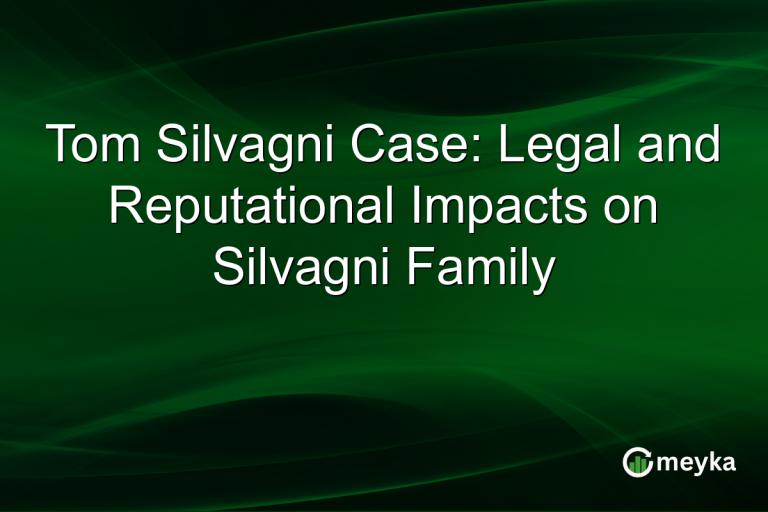Economic Impact of Madagascar’s Gen Z Uprising
In recent months, Madagascar has witnessed a significant political shift driven by its Generation Z population. This movement led to the ousting of former president Andry Rajoelina, with Michael Randrianirina now taking office. The uprising began as a reaction to widespread corruption, frequent power outages, and critical resource shortages. As a result, Madagascar faces potential economic challenges. Understanding these impacts provides insight into how political instability could affect the region’s economic stability and foreign investment opportunities.
Continue Reading on Meyka
This article is available in full on our main platform. Get access to complete analysis, stock insights, and more.
Read Full Article →





